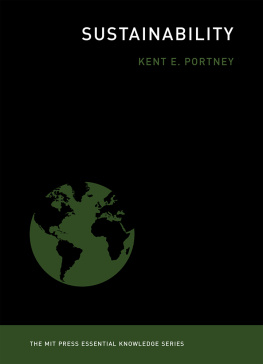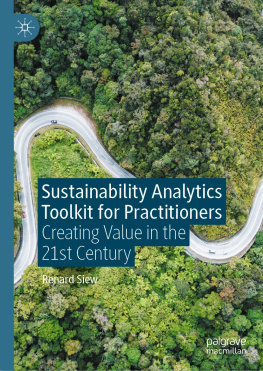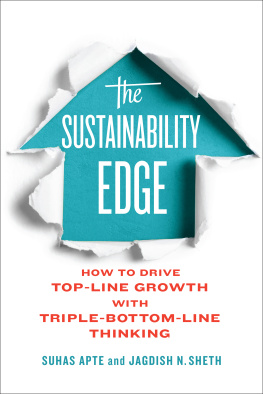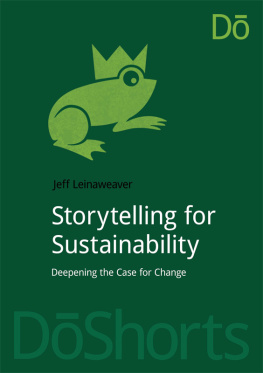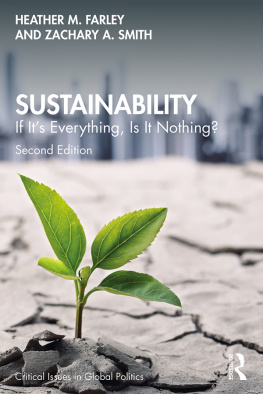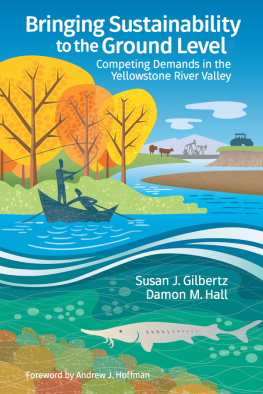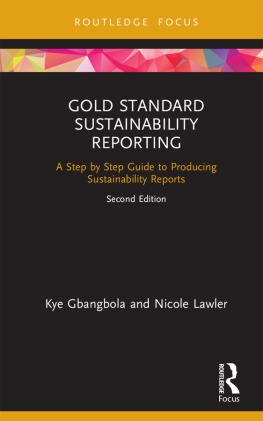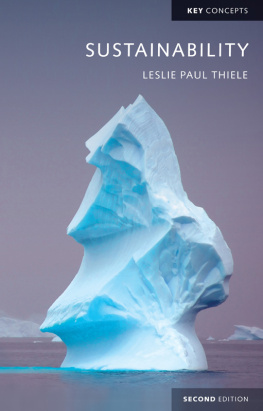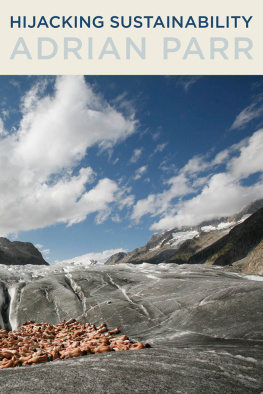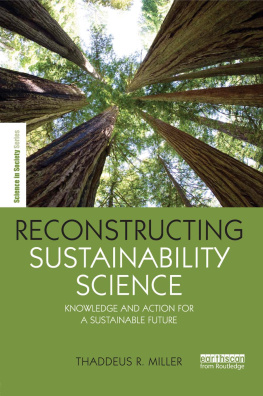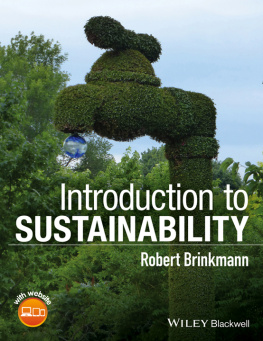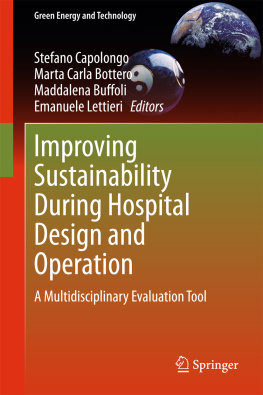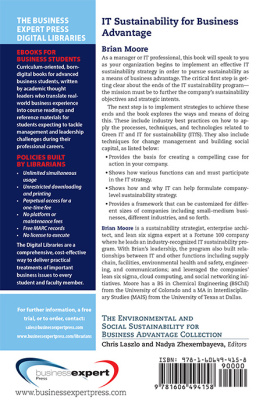Portney - Sustainability
Here you can read online Portney - Sustainability full text of the book (entire story) in english for free. Download pdf and epub, get meaning, cover and reviews about this ebook. year: 2014, publisher: MIT Press, genre: Politics. Description of the work, (preface) as well as reviews are available. Best literature library LitArk.com created for fans of good reading and offers a wide selection of genres:
Romance novel
Science fiction
Adventure
Detective
Science
History
Home and family
Prose
Art
Politics
Computer
Non-fiction
Religion
Business
Children
Humor
Choose a favorite category and find really read worthwhile books. Enjoy immersion in the world of imagination, feel the emotions of the characters or learn something new for yourself, make an fascinating discovery.
Sustainability: summary, description and annotation
We offer to read an annotation, description, summary or preface (depends on what the author of the book "Sustainability" wrote himself). If you haven't found the necessary information about the book — write in the comments, we will try to find it.
Sustainability — read online for free the complete book (whole text) full work
Below is the text of the book, divided by pages. System saving the place of the last page read, allows you to conveniently read the book "Sustainability" online for free, without having to search again every time where you left off. Put a bookmark, and you can go to the page where you finished reading at any time.
Font size:
Interval:
Bookmark:
Sustainability
The MIT Press Essential Knowledge Series
Understanding Beliefs, Nils J. Nilsson
Computing: A Concise History, Paul Ceruzzi
The Conscious Mind, Zoltan L. Torey
Crowdsourcing, Daren C. Brabham
Free Will, Mark Balaguer
Information and the Modern Corporation, James Cortada
Intellectual Property Strategy, John Palfrey
The Internet of Things, Samuel Greengard
Memes in Digital Culture, Limor Shifman
MOOCs, Jonathan Haber
Open Access, Peter Suber
Paradox, Margaret Cuonzo
Sustainability, Kent E. Portney
Waves, Fred Raichlen
Sustainability
Kent E. Portney
The MIT Press
Cambridge, Massachusetts
London, England
2015 Massachusetts Institute of Technology
All rights reserved. No part of this book may be reproduced in any form by any electronic or mechanical means (including photocopying, recording, or information storage and retrieval) without permission in writing from the publisher.
Library of Congress Cataloging-in-Publication Data
Cataloging-in-Publication information is available from the Library of Congress.
p. cm.
Includes bibliographical references and index.
ISBN 978-0-262-52850-4 (paperback : alk. paper)
ISBN 978-0-262-33141-8 (retail e-book)
Series Foreword
The MIT Press Essential Knowledge series offers accessible, concise, beautifully produced pocket-size books on topics of current interest. Written by leading thinkers, the books in this series deliver expert overviews of subjects that range from the cultural and the historical to the scientific and the technical.
In todays era of instant information gratification, we have ready access to opinions, rationalizations, and superficial descriptions. Much harder to come by is the foundational knowledge that informs a principled understanding of the world. Essential Knowledge books fill that need. Synthesizing specialized subject matter for nonspecialists and engaging critical topics through fundamentals, each of these compact volumes offers readers a point of access to complex ideas.
Bruce Tidor
Professor of Biological Engineering and Computer Science
Massachusetts Institute of Technology
The Concepts of Sustainability
This book is about the concepts of sustainability, their intellectual foundations and underpinnings, how associated concepts have been applied in various contexts, and the many controversies that have resulted. It seeks to take a broad view of the ideas of sustainability rather than to delve deeply into any one version. This chapter provides the conceptual foundations in an effort to show that, even though sustainability may seem an impossibly ambiguous term, since the mid 1980s it has come to have a number of specific meanings. Moreover, this chapter seeks to provide a fairly comprehensive overview of a number of variations and applications of the concepts of sustainability, including their applications to countries, businesses, governments, communities, cities, and people.
The idea of sustainability began to make its way into the academic lexicon sometime in the mid 1980s, and since that time it has gone through substantial evolution. Even in the United States, where the idea of sustainability has not taken hold as firmly as it has in other parts of the world, there is still substantial interest in its applicability. Daniel Mazmanian and Michael Kraft (2009) suggest that the US has begun to enter a third epoch or period of environmental concern. If the first epoch was focused largely on federal command-and-control regulation focused on remediating and preventing environmental damage, and the second epoch on achieving greater economic efficiency in environmental protection, the third epoch is focused more broadly on sustainability. According to Mazmanian and Kraft (ibid.: 15), the realization by a growing number of individuals and opinion leaders from many walks of life that a fundamental transformation in the way Americans relate to the environment and conduct their lives is becoming the hallmark of the third environmental [sustainability] epoch. This chapter is meant to present a foundation for understanding the third epoch by providing a brief overview of the early usage of the term sustainability in the academic world and in common discourse, and to provide a sense of what the term tends to mean in current practice.
For most students of sustainability, an understanding starts with the definition provided by the World Commission on Environment and Development in 1987 when it stated that sustainability is economic-development activity that meets the needs of the present without compromising the ability of future generations to meet their own needs (WCED 1987: 39). That definition provides a convenient point of departure for a broad understanding of this fairly abstract concept. Indeed, sustainability and its close cousins, such as sustainable development, sustainable ecosystems, and others discussed below, are perhaps best thought of as general concepts whose precise definitions have yet to be fully explicated. This does not, however, suggest that the idea of sustainability is meaningless. It is clear that, at its core, sustainability is a concept that focuses on the condition of Earths biophysical environment, particularly with respect to the use and depletion of natural resources. It is not the same as environmental protection. It is not the same as conservation or preservation of natural resources, although some have argued that this is where the roots of sustainability can be found (see, e.g., Farley and Smith 2014). It is more about finding some sort of steady state so that Earth or some piece of it can support the human population and economic growth without ultimately threatening the health of humans, animals, and plants. The basic premise of sustainability is that Earths resources cannot be used, depleted, and damaged indefinitely. Not only will these resources run out at some point, but their exploitation actually undermines the ability of life to persist and thrive. For example, as water resources become increasingly depleted or polluted, the health of humans, animals, and plants will inevitably be compromised. Perhaps the most important distinction between traditional ideas of environmental protection and sustainability is that the former tends to focus on environmental remediation and on preventing very specific environmental threats whereas the latter tends to be far more proactive and holistic, focusing on dynamic processes over the long term. Of course, the premises of sustainability raise substantial controversy in that they stand in sharp contrast to the assumptions that underlie theories of economic growth. That issue will be examined later. For present purposes, a look at some of its intellectual foundations demonstrates how varied, and yet how broadly applicable, the concept is.
Some have traced the essential seeds of sustainability to ideas put forth by Thomas Malthus late in the eighteenth century. Malthus argued that population growth would eventually outstrip Earths ability to support that population. The result, as foreseen by Malthus, would be a catastrophic collapse of human and natural systems. To Malthus, the only effective way to avoid catastrophe and to become more sustainable would be to control population growth. Of course, the fact that the absence of controls on population growth did not lead to catastrophe produced an alternative view that technology and technological advancement would result in improvements in the efficiency of systems supporting human populations. Moreover, the alternative view suggests that these improvements would enable human population growth to continue well into the future (Rogers, Jalal, and Boyd 2008: 2022).
Next pageFont size:
Interval:
Bookmark:
Similar books «Sustainability»
Look at similar books to Sustainability. We have selected literature similar in name and meaning in the hope of providing readers with more options to find new, interesting, not yet read works.
Discussion, reviews of the book Sustainability and just readers' own opinions. Leave your comments, write what you think about the work, its meaning or the main characters. Specify what exactly you liked and what you didn't like, and why you think so.

